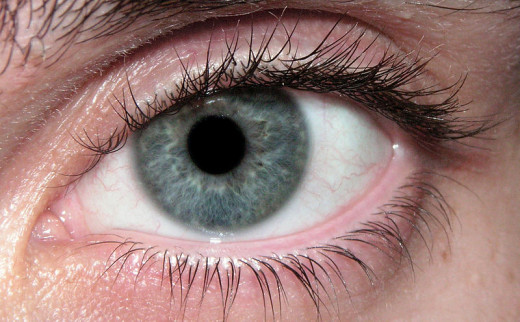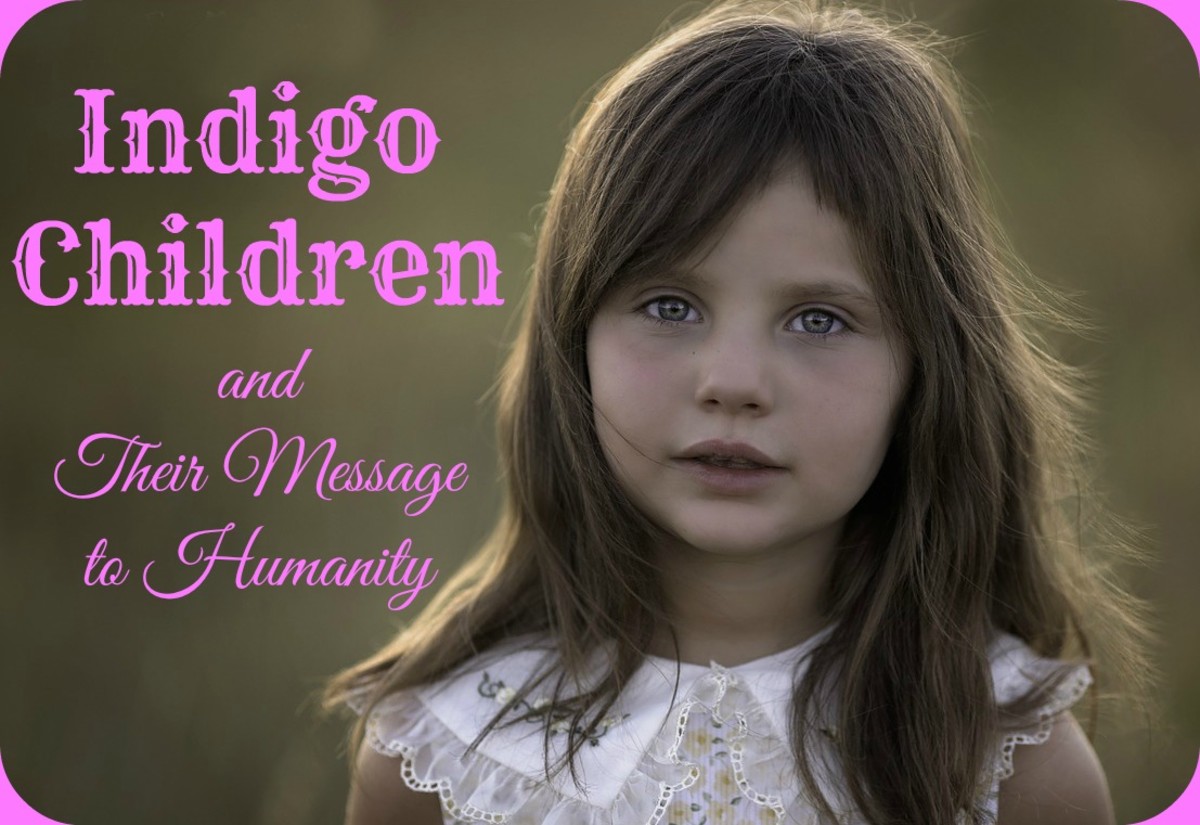Indigo Children: Spiritual Phenomenon or Infectious Scam?

This is a pretty dodgy one. I will start by admitting that I bought into this myself for a couple years while I was a teenager. The reality is that this is nothing more than a giant hoax and scam. That is not to say that all aspects of the New Age movement are poisonous to society, but it should be approached critically and skeptically. It is important to be educated on spiritual matters before buying into the hype that the internet is so good at fostering.
Another note: I do not believe all parties involved in this hoax have/had malicious intentions. Although I refer to the phenomenon as a scam, there are some who contribute to it in the full belief that they are doing the world good with their ideas and spiritual advice. That being said, let’s take a critical look at the indigo children phenomenon:
Where did it All Begin?
This all started with Nancy Ann Tappe, a parapsychologist who came up with the notion in the 70s after claiming to have started noticing children with indigo auras in the 60s. Her 1982 book Understanding Your Life Through Color catapulted her notions into the mainstream and it was further promoted by husband and wife Lee Carroll and Jan Tober with their book The Indigo Children: The New Kids Have Arrived in 1998. Conferences and films really began to pick up speed in the early 2000s. Long story short, there were a lot of people making a lot of money off of a lot of flimsy claims.

Why has it been so infectious? There is more than one answer, but they are all quite simple:
1) The Internet
It was in the 2000s that the phenomenon went viral in the digital realm. Forums, blogs, and chat rooms on the topic abounded and people were all too ready to jump on the band wagon.
2) Pretty much ANYONE can be an Indigo Child
If you approach them with a critical eye, you will notice that the typical traits of an indigo child are extremely vague and actually quite typical of children in general. Allow me to list a few and see if you can avoid automatically assigning a good number of them to any given child you know:
Strong will and independence
Confrontational / difficulty with authority
Little patience for school
Creative and sensitive
Intelligent and curious
A sense of purpose
In addition to easily applying to any given child, parents are particularly liberal when it comes to assessing their own child’s creativity and intelligence.
3) An Attractive Label
Parents have played a major role in the perpetuation of the indigo phenomenon. Fueled by the build-up in the 80s and 90s, and equipped with a plethora of interactive material on the internet, parents had everything they needed to buy into the hype. As I said, parents often overestimate how special their children really are. Because it is easy to fit almost anyone into the traits of an indigo child, that is exactly what parents do. By using the excuse that their child is more spiritually evolved than his/her peers, parents can turn their child’s attention problems, poor concentration, and difficult behaviour into proof of his/her spiritual, intellectual, and existential superiority. This is something parents are already predisposed to do.
4) Teenagers and Young Adults
Taking all of the above into consideration, add the stereotypical self-obsession and insecurity of this age group plus internet access, and you can understand the role they play in contributing to the perpetuation of the indigo child phenomenon.

Why Should we be Concerned?
Ultimately, the resounding implications of the indigo phenomenon are relatively minor. The biggest concern is for children whose parents would rather see them as extra special rather than special needs, in effect denying them the counseling and treatment they need for academic success and social integration. There is also a major risk of a superiority complex coinciding with the affixing of indigo child status. This can lead to social isolation and narcissistic tendencies. People who buy into the hype could end up spending a lot of money, but at least reading and visiting conferences are rarely a waste of time in and of themselves, no matter what the topic.
What Should We Do About It?
Since the dangers of the indigo child phenomenon are so minimal, I am inclined to feel little, if anything, needs to be done. I think the best course of action would be to continue countering the hype with common sense and critical articles like this one.







